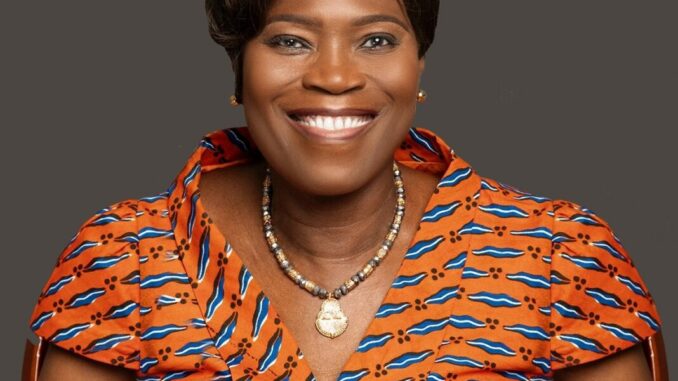
Political dynamics shift in Côte d’Ivoire as prominent activist and former presidential spouse, Simone Gbagbo, announces electoral candidacy. The declaration follows nomination by Movement of Capable Generations at their congressional meeting in Moossou, introducing new dimension to upcoming presidential contest.
Campaign platform emphasizes national healing through amnesty provisions while promoting economic development initiatives including food sovereignty and industrialization. The Political trajectory of the ex-wife of former President Laurent Gbagbo reflects decades of engagement in national reform movements dating to early educational career and trade union activism.
Candidate’s background combines professional teaching experience with extensive political advocacy, emerging from union leadership into national prominence. Electoral announcement follows significant personal transitions, including recent dissolution of thirty-four-year marriage to former president Laurent Gbagbo.
Historical involvement in opposition movements provides substantial credentials regarding democratic advocacy, particularly through joint establishment of Popular Ivorian Front in nineteen eighty-two. Platform development reflects comprehensive approach to national challenges, emphasizing both social reconciliation and economic advancement.
Campaign emergence occurs amid evolving political landscape featuring multiple established contenders; including former party associate Pascal Affi N’Guessan. Strategic positioning reflects independent political identity distinct from previous institutional affiliations.
Electoral preparation demonstrates careful balance between historical legacy and forward-looking policy proposals. Platform development incorporates extensive experience in national political movements while addressing contemporary challenges facing the nation.
Candidacy announcement generates significant attention regarding implications for existing political alignments. Campaign development reflects broader evolution in national political discourse regarding leadership succession and governance priorities.
